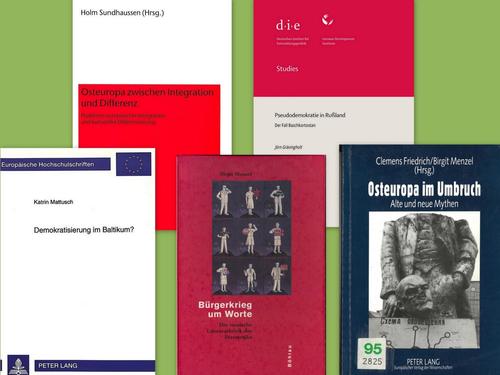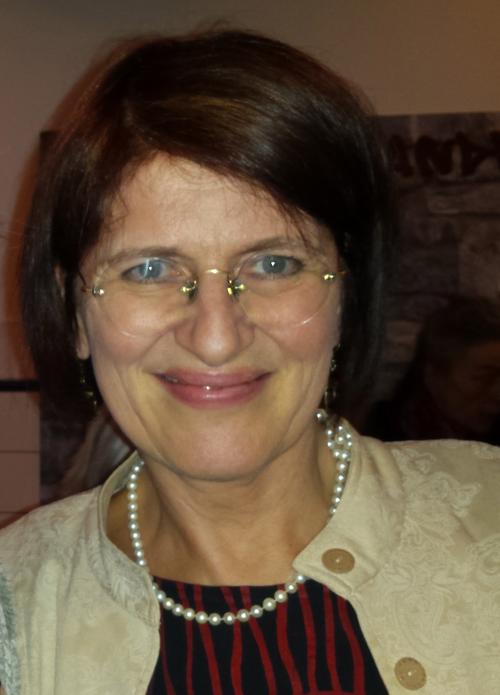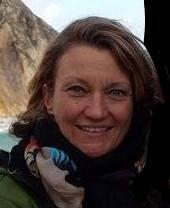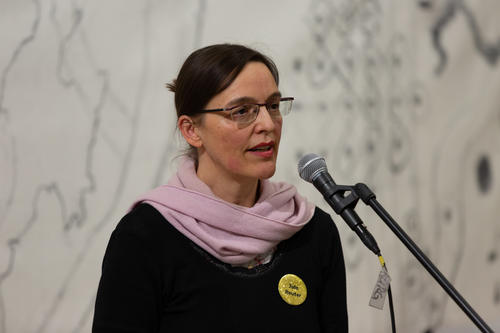Graduate School 1991
We have conducted interviews with former fellows of the Research Training Group about their time at the OEI. Below you will find the excerpts from the interviews.
An interdisciplinary pioneering project
Prof. Dr. Birgit Menzel, postdoctoral fellow at the Kolleg 1991-1994, today Prof. em. for Slavic Studies at the JGU Mainz
Image Credit: privat
Dr. Stephanie Schwandner-Sievers, PhD student in the College 1994-1997, now Associate Professor of Applied Anthropology at Bournemouth University.
The Research Training Group at the OEI not only belonged to the first generation of DFG Research Training Groups, it also did pioneering work in interdisciplinary research on Eastern Europe. When the GRK was evaluated in January 1994 - at that time still publicly - Karl Eimermacher, as a DFG reviewer, succinctly summed up the central challenge of the Kolleg's work: "Where is the benefit of interdisciplinarity?" Almost thirty years later, we posed this question again to former Kollegiat* members Prof. Dr. Birgit Menzel, Dr. Jule Reuter, and Dr. Stephanie Schwander-Sievers. Their answers reflect both the immense potential and the resistance of working in a dialogue of disciplines.
Audio recordings (in German):
- Prof. Dr. Birgit Menzel, ehemalige Postdoktorandin am Kolleg, über die Interdisziplinarität des Kollegs
- Prof. Dr. Birgit Menzel über das Kolleg als Pionierprojekt
International Network Graduate School
Dr. Jule Reuter, doctoral student in the college 1994-1997, today curator at Burg Giebichenstein Kunsthochschule Halle
Image Credit: Max Mendéz
In Berlin after the fall of the Wall, the Research Training Group at the OEI became a hotspot of encounters between East and West. Events organized by the Research Training Group, such as the major conference "Der Umbruch in Osteuropa - eine Mythendämmerung" (The Upheaval in Eastern Europe - the Dawn of Myths) in December 1992, met with great public response, and the publications that emerged from the Research Training Group, such as the series "Gesellschaften und Staaten im Epochenwandel" (Societies and States in Transition), are still groundbreaking for our understanding of the transformation era.



